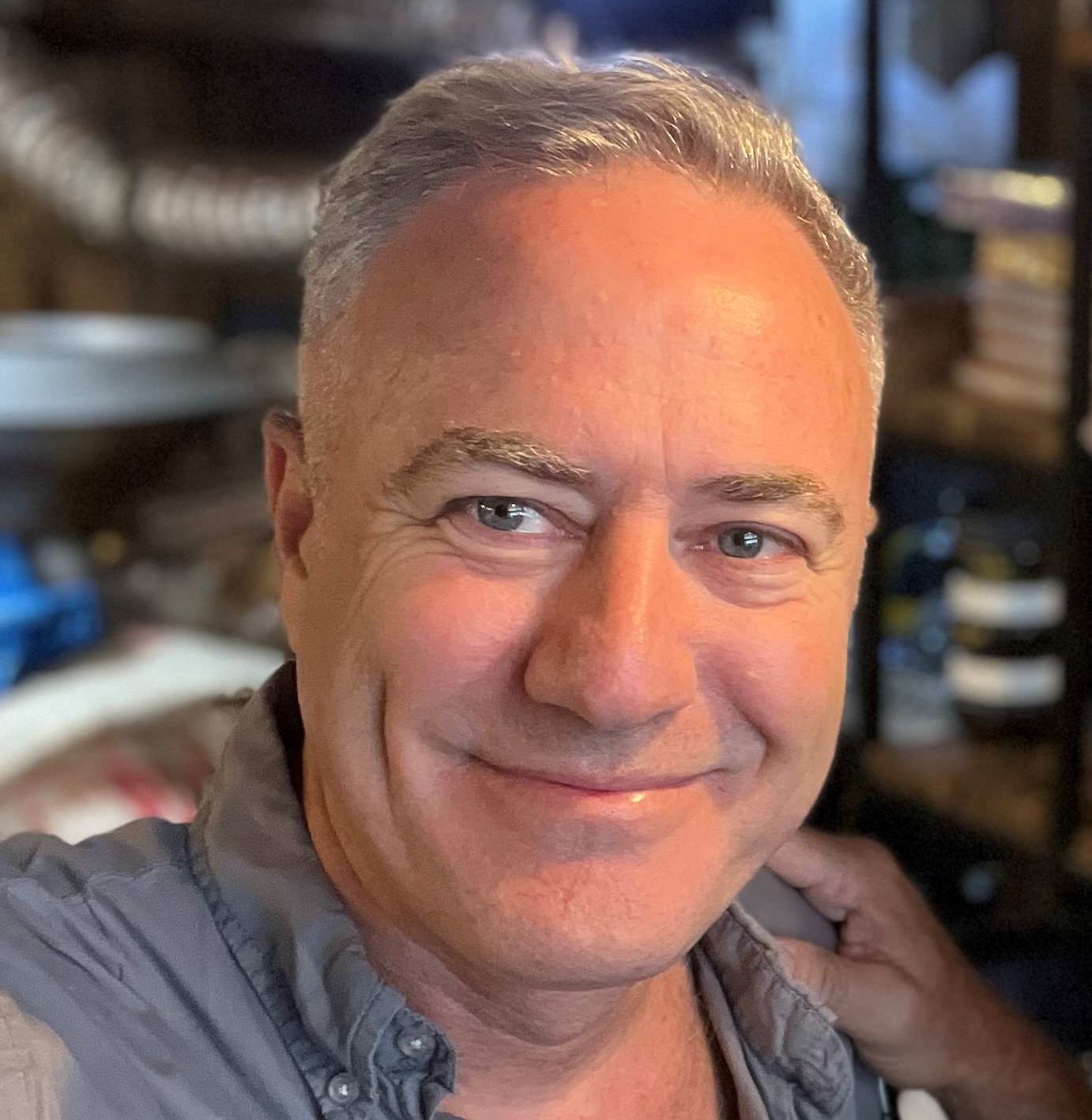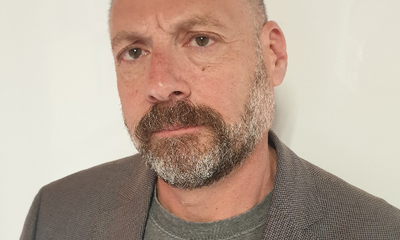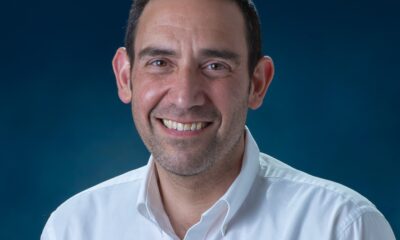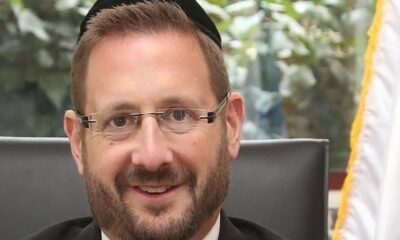
OpEds

Pastoral bliss amidst the blasts
Published
6 months agoon
Right now, we are without doubt in the most fortunate position of anyone in the country, and certainly the broader region. Our relatively small coastal town is too far north of Gaza and, so we hope, too far south of Lebanon to warrant any substantial missile attacks.
Even the West Bank towns that are simmering on the brink of an uprising are still buffered by enough Israeli territory before anyone might attempt to reach us here. We haven’t yet experienced one siren warning us to head to our bomb shelters. Still, we’re advised to be within 90 seconds of it, and this without having to run. In the event of an attack, our home bomb shelter or mamad, also the guest room, has a double bed, a table, closet, a pack of drinking water, and a super charged battery for our phones.
My sense is that we’re minimally prepared, still in some level of denial that the war will actually come to the house. However, in Israel it’s impossible to forget where you live, no matter how far from the cities you choose to settle.
Any upheaval our kids have experienced is minimal – an extended Sukkot holiday, and a spontaneous nine-day refugee-like visit by their cousins and aunt and uncle, who live near Gaza. For that time, besides all our boys, we had three pre-teen girls in the house, all in one room, going to bed at 03:00, night after night. The cousins’ agitation after arriving here from being holed up in the south converted into a nervous form of fun, and more than once, I was up begging them to go the hell to sleep already. Thank you, Hamas, you really have taken this to another level, I’d mumble to myself.
Now two of our three kids are back at school for most of the week. Like much of the country, our eldest’s school is closed due to its proximity to Haifa, yet another target of Israel’s enemies to the north. Besides some chatter among their friends, there are no obvious signs of fear or trauma – yet. Like normal, the kids are riding freely around the hood on their bikes with their buddies, classic Israel style. While fighter jets consistently cut through the skies above us on their way to or from some Syrian sortie, I’m spending focused time with them, teaching the little one to ride a bigger bike and reading Lord of the Rings to my elder boy. My wife is home, tutoring music, and because we have a mamad, her toddler students will come here for their classes. “Stomp stomp, ring-a-ding, don’t forget to dance and sing.”
And so, in this moment and in comparison, life in this semi-pastoral town is, dare I say, lovely. Hundreds of families have decamped here, refugees from towns and villages in the south and north. Russians, Ethiopians, Moroccans, others. They are shaken, ill at ease, anxious. Our community has galvanised, with hotels opening their gates and families opening their doors, taking these shell-shocked visitors into our homes. Our local park, a breezy, treed, and grassy area, loved by the locals, is packed every day with a run of volunteers of all ages making sure that our guests, especially the kids, have a good time. Music ensembles, bubble tubs sending large, rolling diaphanous orbs up towards the sky chased by packs of screaming kids, spontaneous rope obstacle courses strung up between the tall pines, young teen girls teaching toddlers how to dance to their favourite songs. The place is a-buzz. Our “war effort” out here is simple: ensure that our guests are somehow able to enjoy these days with their kids. In the context of this national emergency, especially the heartbreaking hostage crisis, this serves as a primal call to action in its own right.
However, because of this very localised and surface-level constellation, and my inherent happy-go-lucky naiveté, I enthusiastically call our town a “sweet spot”. When I mentioned this to my Israeli friend, a psychologist, as we sat in his garden sipping coffee and looking out over the sea, he gazed at me curiously for a few moments. Then he said, “Yes, Guy, at the moment we perhaps feel that our town is this ‘sweet spot’, as you put it. But don’t misunderstand, internally, for many adults here, not only our guests from the peripheries, there’s a deep sense of disquiet, of fear. The existential crisis that Hamas and Iran and its multiple proxies have promised Israel is becoming real for us. We’re afraid for our families and for our country in ways none of us have ever been before.”
I left his home feeling markedly different about our predicament. Where am I, the Sandton boy who holidayed in Plett all his young life, going to land if the brave and fearless Israelis are starting to dread for their families? That night, a Shabbat, I was awoken at 01:00 by distant booms shaking the windows of our house. These were loud enough to wake me, but no sirens sounded. All clear. I understood they were distant, but they were big. I wandered outside, 01:00, no special light shows to match the booms on any horizon. I fell back into a fitful sleep, and the following morning, I heard that my wife had been up at 02:00 and then again at 04:00, awoken by the same shuddering booms. No-one could tell me where they were and what they were hitting.
On Shabbat morning, all the kids came to our bed. I experienced a lucid moment of eye-watering gratitude, as I allowed myself to consider the shattered families just a couple hundred kilometres to the south. My youngest is ginger, and whenever I see that image of the weeping mother carrying her two ginger kids in a blanket, shoved along by those Hamas demons, I reach down and kiss my boy’s ginger crop, imagining that I’m somehow comforting those babies of ours still held in Gaza.
- Guy Lieberman is a cultural activist, writer, filmmaker and, very recently, a podcaster. He lives in Zichron Yaakov, Israel. His podcast, ‘The Hadeda’, can be found on Spotify.










